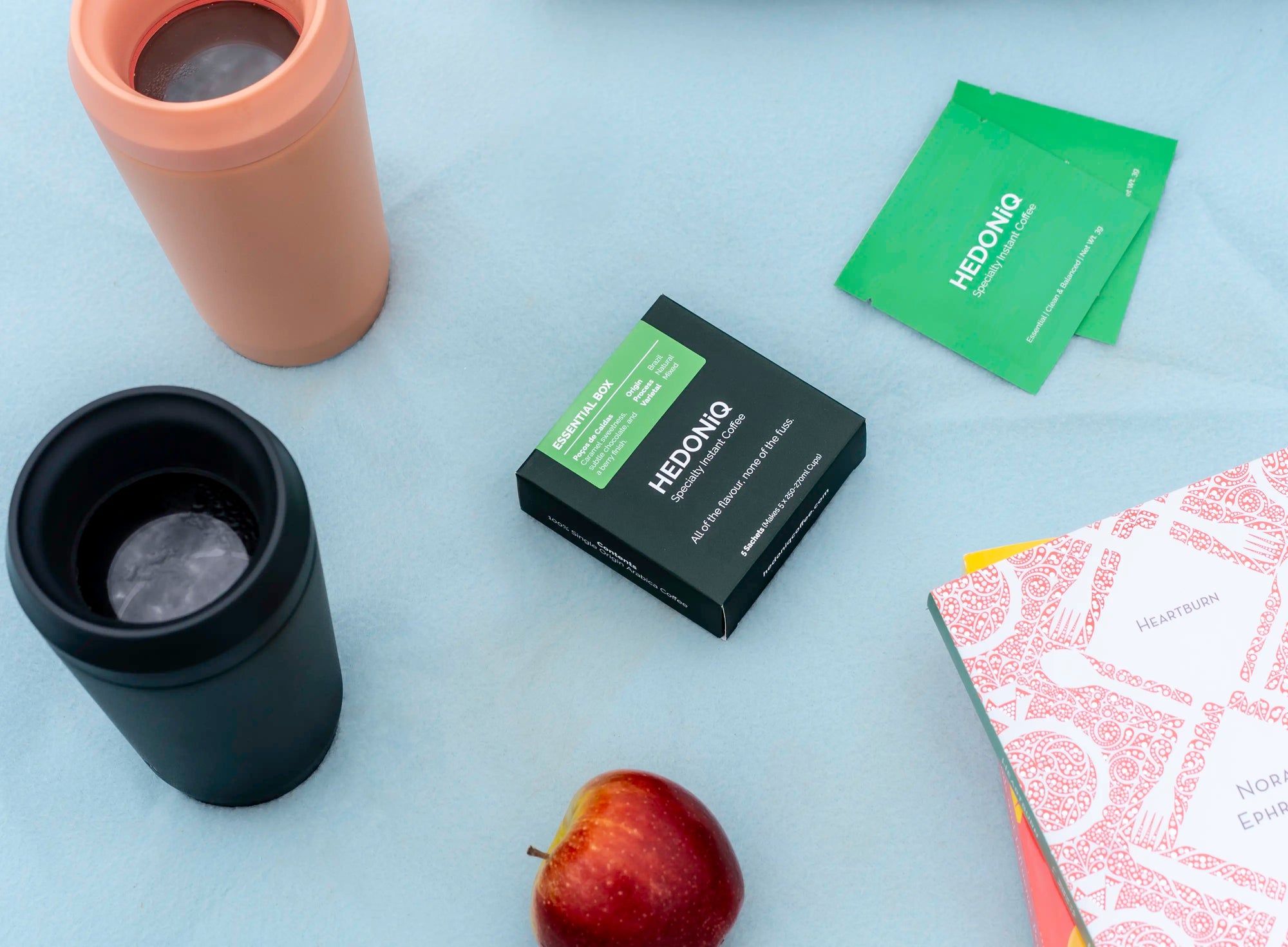Why fewer than one in five coffees make the cut.
If you’ve ever had a cup that made you stop mid-sip and think wow, you’ve tasted specialty coffee. But what does “specialty” actually mean, and why is it so rare? Let’s break it down.
Coffee’s Two Tiers
Most of the world’s coffee is treated like a bulk commodity, blended, roasted dark, sold cheaply, and expected to taste the same everywhere.
Specialty coffee is different. It’s the top tier, assessed like fine wine for flavour, aroma, and absence of defects. Only beans scoring 80 points or more on a 100-point scale qualify. Anything below is commodity coffee.
Think of it like wine: commodity coffee is table wine; specialty coffee is a single-estate vintage, cared for at every step to express its character.
Who Sets the Score?
The Specialty Coffee Association (SCA) created the scoring system. Trained tasters called Q-Graders “cup” each sample, rating sweetness, acidity, body, aftertaste and more. Score 80+? Specialty. Score 90+? World-class. Fewer than 20 % of coffees qualify.
What Earns Those Points?
- Grown in ideal conditions — high elevation, rich soil, steady climate.
- Picked ripe — hand-harvested cherries in multiple passes.
- Processed with care — clean fermentation, gentle drying, defects removed.
- Roasted to highlight flavour — no char to hide faults.
- Traceable — farm, variety, altitude and process are named.
- Tastes exceptional — vibrant, balanced, no bitterness or off-notes.
A (Very) Brief History
| Wave | Years | What changed |
|---|---|---|
| First Wave – Convenience | 1900s-1970s | Vacuum-sealed tins, diner drip, early instant. Shelf-life over flavour. |
| Second Wave – Café Culture | 1980s-2000s | Chains like Starbucks popularised espresso drinks and origin labelling. |
| Third Wave – Craft Focus | 2000s-today | Single-origin lots, lighter roasts, transparent sourcing, precise brewing. |
In 1974, green-bean trader Erna Knutsen coined “specialty coffee” for small lots from distinctive micro-climates. Her phrase sparked the quality-first revolution that still shapes coffee today.
Why It Matters
Specialty coffee isn’t just tastier, it lets farmers earn more for exceptional work, supports biodiversity, and invites drinkers to explore flavour the way wine lovers explore grapes and regions.
Instant specialty? Yes, really.
At Hedoniq we take certified 80+ coffees and freeze-dry them into tiny crystals that lock in every aromatic compound. Add hot or cold water and the flavour snaps back to life, no equipment, no trade-offs.
Try our Essential Box (5 sachets, £9.95) | Free UK delivery on orders over £30

